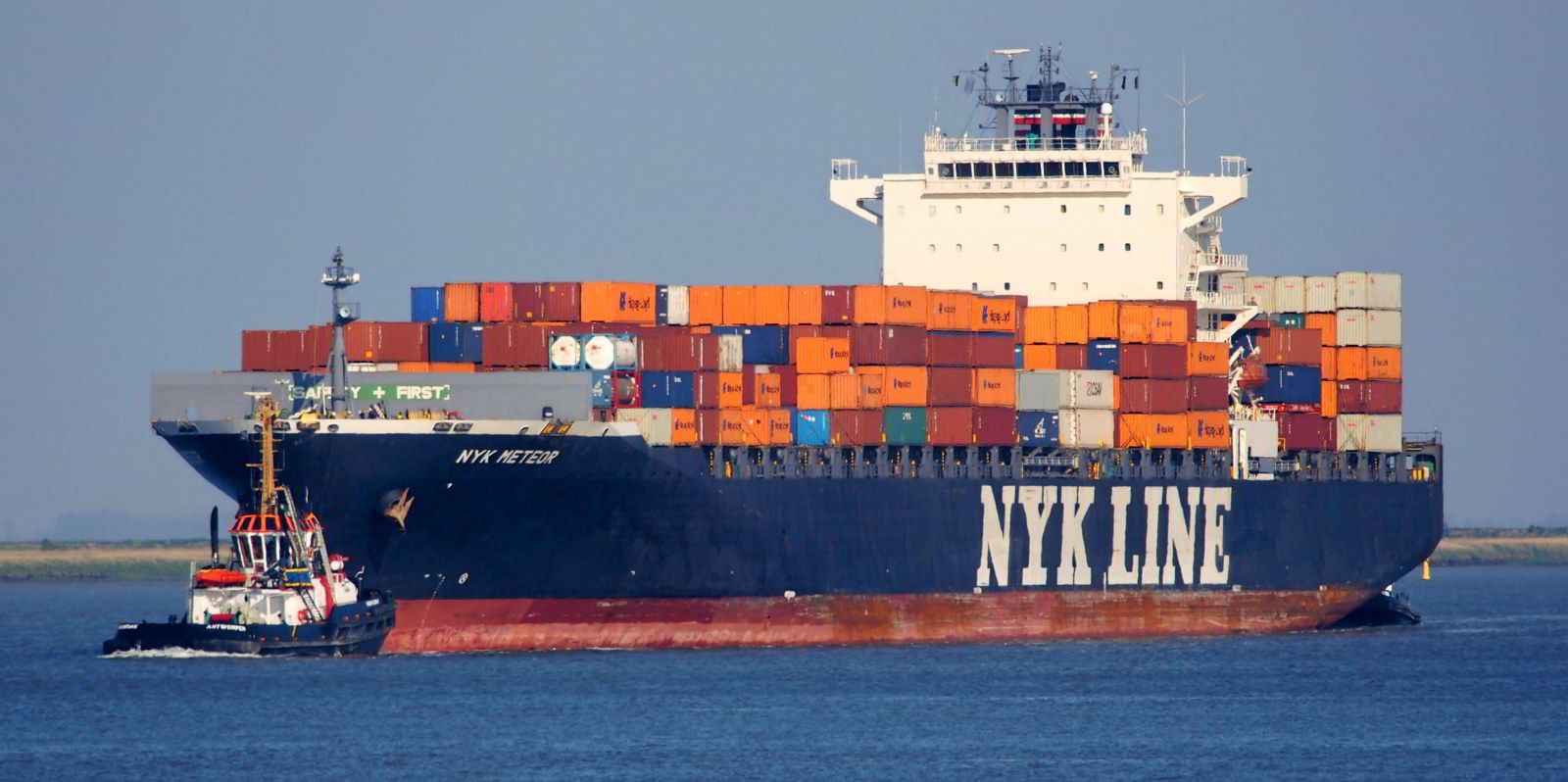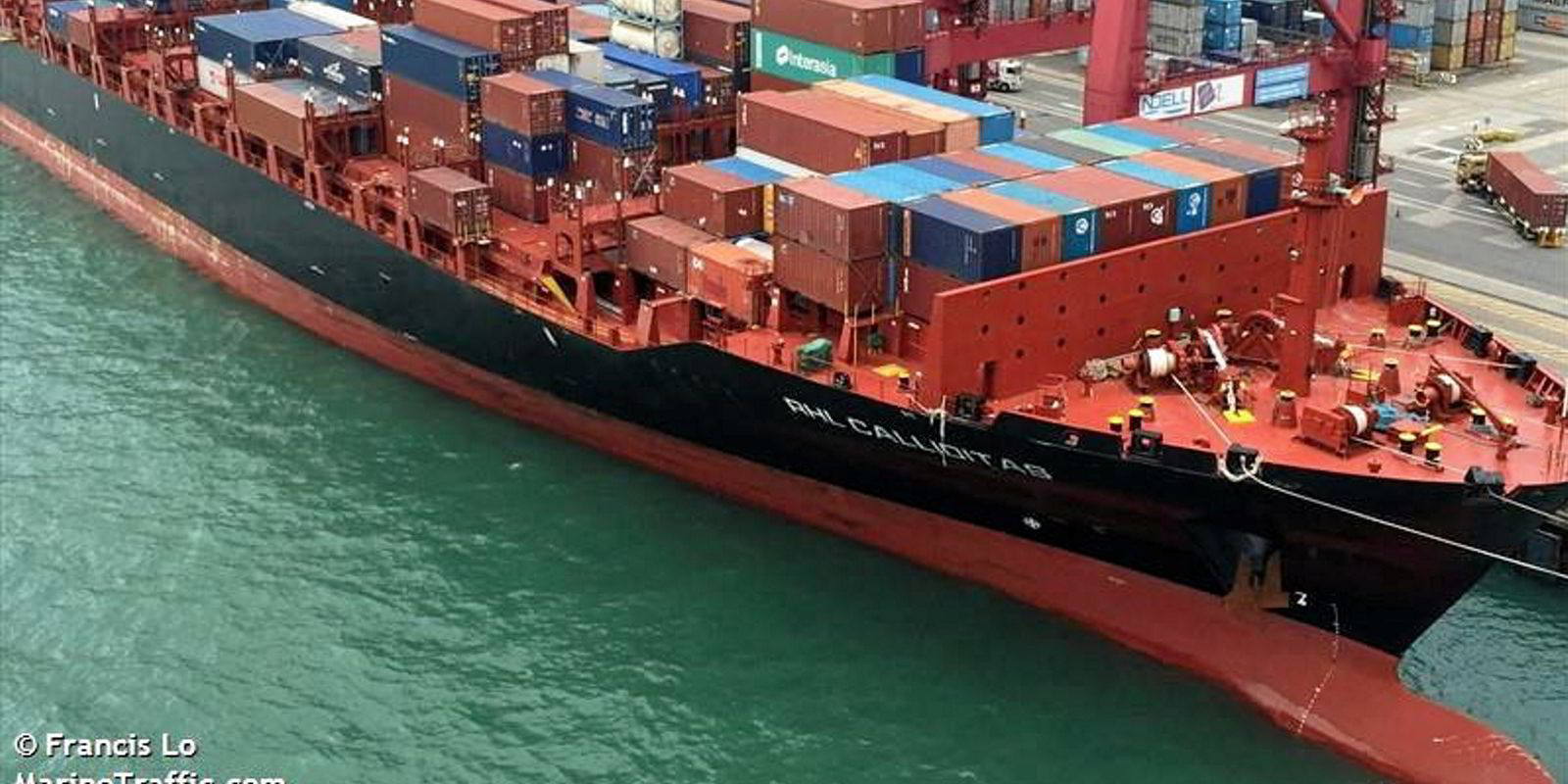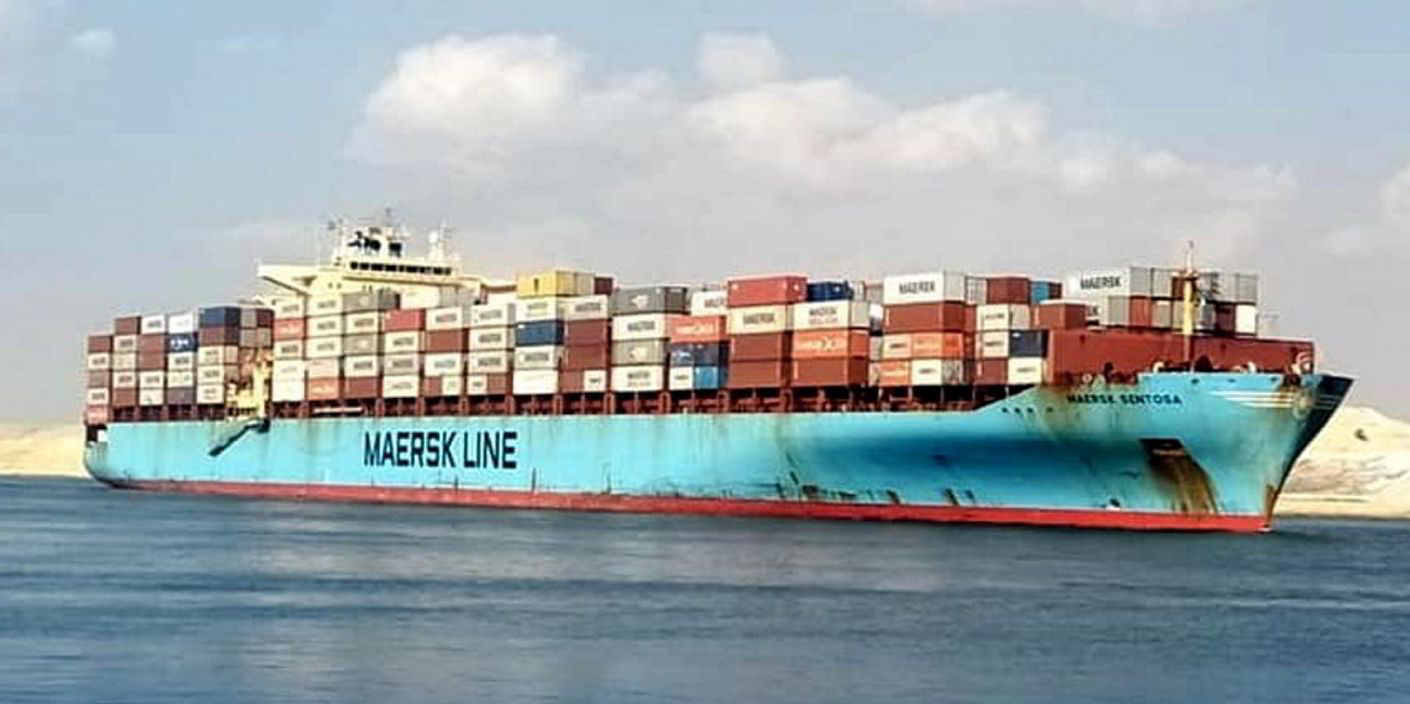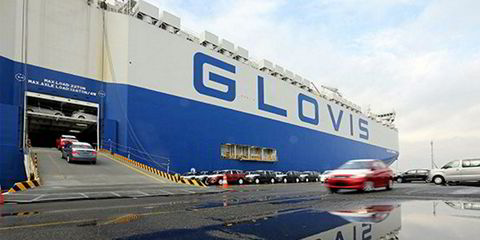Hapag-Lloyd is looking to sell and charter back five small containerships that operate on a transatlantic service, which it is upgrading to larger vessels.
The German liner operator is set to sell five 3,237-teu vessels that trade between the US and northern Europe and replace them with ships of more than 7,000 teu.
But it does not want the sale, worth an estimated $75m, to reduce its fleet at a time when the market is booming.
“In essence, what we are doing is we are replacing the ships that we have there [with] bigger ships to increase capacity on that service,” chief executive Rolf Habben Jansen told TradeWinds.
“We may sell them and charter them back again. We're not necessarily going to reduce capacity on the back of that change.”
The ships involved are the 3,237-teu sisters Charleston Express, Yorktown Express, St Louis Express (all built 2002), Washington Express and Philadelphia Express (both built 2003).
VesselsValue estimates them to be worth between $15m and $16m each.
Hapag-Lloyd took over the quintet in 2005, when it acquired rival CP Ships.
The vessels operate on a US-flag AL3 service, which links northern Europe with the US east coast. The line operates the service with THE Alliance partners HMM, Ocean Network Express and Yang Ming Marine Transport.
The service upgrade will start with the 7,323-teu Al Bahia (built 2008). It is to be renamed Delaware Express when it enters the AL3 service in later this month, according to Alphaliner.
The larger containerships will be transferred to the US flag to qualify for inclusion in the Maritime Security Program for carrying military supplies, the analyst added.
Suez generates 'critical' situation
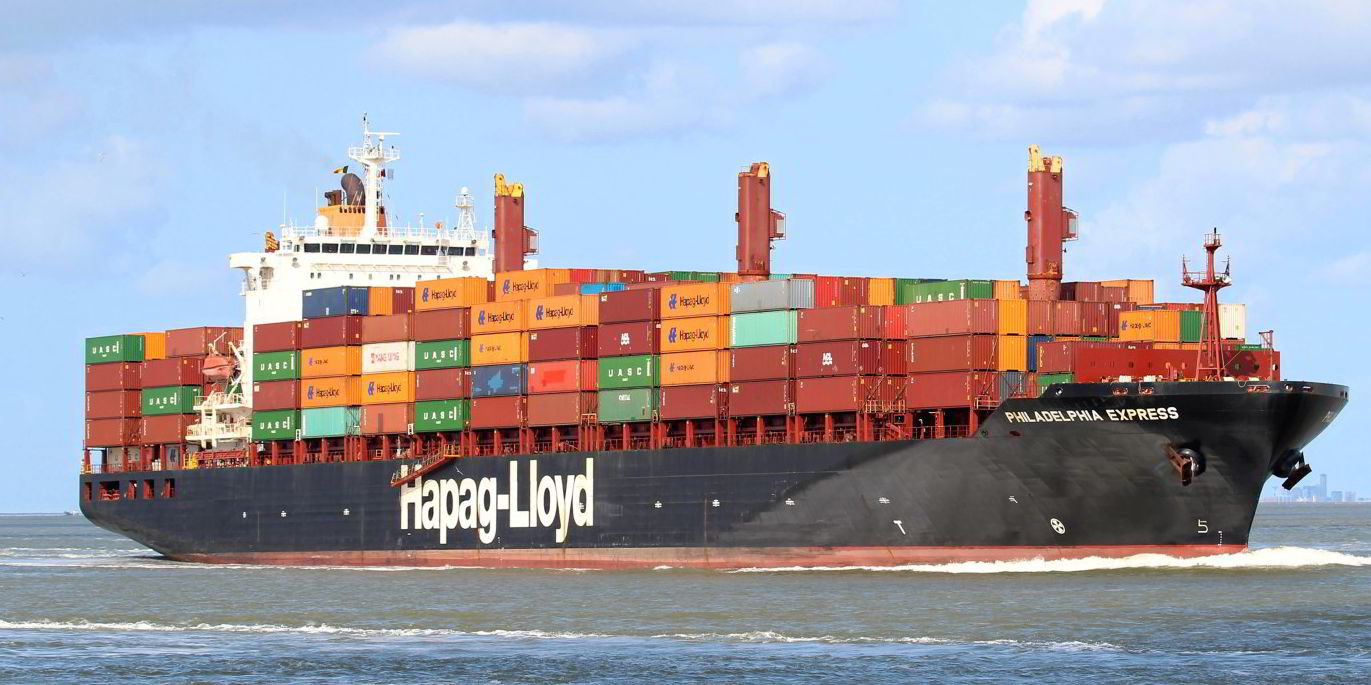
Hapag-Lloyd is keen to keep ships in service as demand remains strong and there is a shortage of container capacity.
The delays in the Suez Canal have added to existing congestion at many ports, Habben Jansen said, creating a “critical” situation at northern European ports, with congestion likely to affect capacity in the second quarter of the year.
Hapag-Lloyd has tried to maintain ship availability and will try not to pull ships out of service for dry-docking, he said.
The company redeployed the 14,993-teu Brussels Express (built 2014) into service this month on the trade between Asia and North Europe.
The vessel is the world’s first LNG-retrofitted neo-panamax boxship, and although it is not yet fully running on gas, it has returned to service when freight rates are at historic highs.
Habben Jansen said the conversion had taken longer than expected and suggested there are no imminent plans to put other vessels into dry-docking for gas retrofits.
He predicted the containership orderbook is likely to increase in the coming months.
But that is “not a big issue”, as orders remain at relatively low levels and scrapping is likely to increase, with many ships nearing 20 years old, Habben Jansen said.

